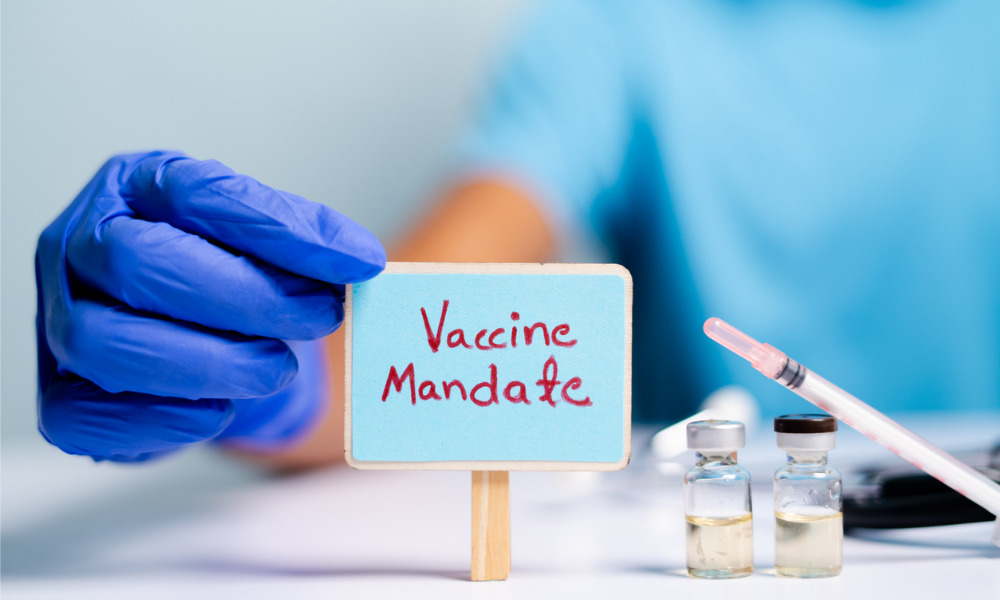
The government cited decreasing risk for COVID and high vaccine rates

Vaccine mandates for border and correction workers in New Zealand will end on July 2, according to the country's COVID-19 response minister.
Dr. Ayesha Verrall announced that it follows the government's pledge to continuously review vaccine mandates and remove them when it is finally safe to do so. She also cited the lower risks in the borders and the high vaccination in corrections facilities.
As of June 23, 100% of correction staff in prisons and 97% of active borders are fully vaccinated against COVID-19.
"The risk COVID-19 poses at the border is much lower than it was previously. Alongside high rates of vaccination amongst border workers, the number of passengers arriving by air with COVID-19 is less than three per cent," explained Verrall in a statement.
"Corrections staff will also no longer be included in the Vaccination Order. Currently all corrections staff in prisons are fully vaccinated and 72% of people in prison have been fully vaccinated."
According to the minister, while vaccination has been the country's "strongest and most effective" defence against the pandemic, the policy to make it mandatory has already served its purpose.
Read more: Mandated vaccines and terminations: NZ employment law questions for 2022
"We have high levels of vaccination amongst the general population, and we have increasing protection in the population from prior infection, so tools like vaccine mandates in most settings are no longer necessary," she said in a statement.
The order came as New Zealand commenced its reopening plan to the world this year. And starting July 31, the government said will reopen visa applications for travellers from anywhere across the world.
In terms of jab mandates, the country's Vaccination Order remains in place for health and disability workers, employees who close interact with people at high-risk of serious illness from COVID-19.
According to the government, the policy is being regularly reviewed for potential changes.